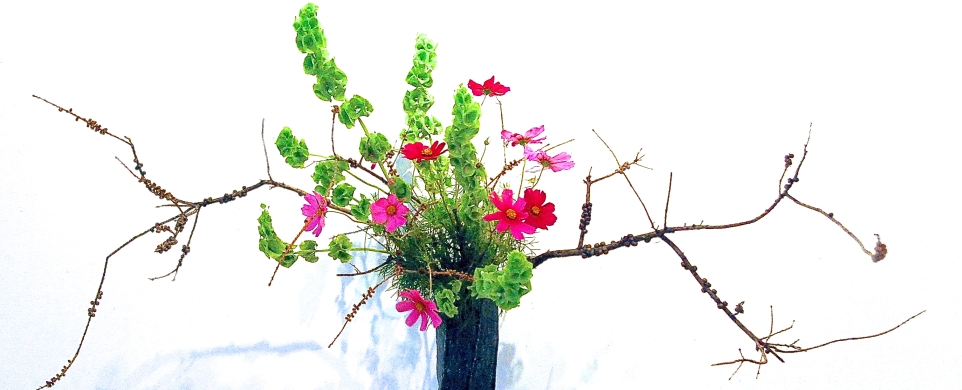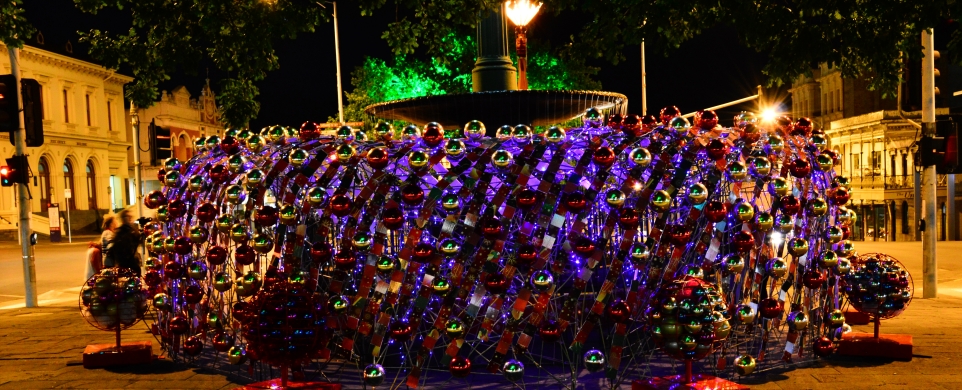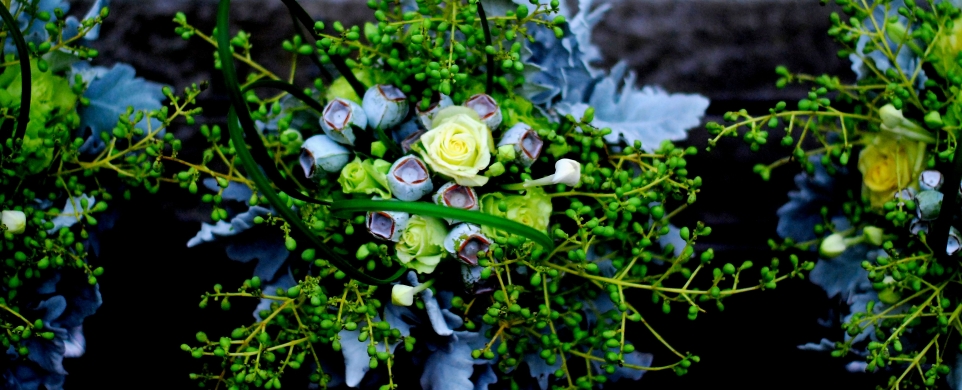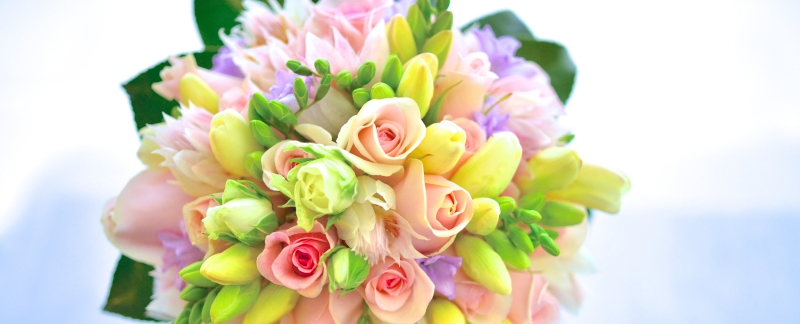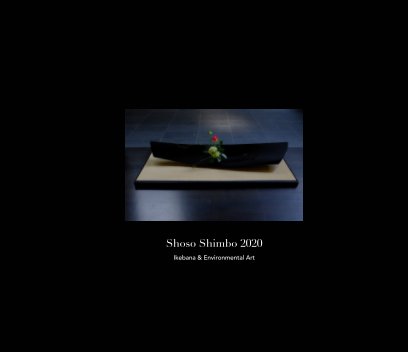Wednesday, 14 November 2012
Free Calendars
By shososhimbo
22:23
Saturday, 3 November 2012
Ikebana Today 5
In my discussion of the second characteristic of Ikebana, I pointed out the reason why Ikebana does not fit in well with capitalism is probably because it is essentially a hobby. It is not training to enhance a career, but a graceful way of spending money. In short, if you want to earn money, learn Western flower arranging, and if you want to spend money happily, learn Ikebana.
Let’s look at Ikebana from the historical point of view. Ikebana started as a Tatebana (standing flower) style in the Muromachi period (1336-1573). It developed into the grander Rikka style early in the Edo period (1603-1867). During the mid to late Edo period, a simplified Seika style with the heaven-earth-person design principle became very popular. Development of the Seika style was significant in Ikebana history. With the stabilization of society in the Edo period, a wealthy social class emerged and they started to enjoy hobbies. The simplified Ikebana, Seika, was the perfect choice for them to learn.
But that does not fully explain why Ikebana became suddenly so popular in Japanese society at that time. An important factor was the Japanese respect for spirituality. There was a strong demand for activities that satisfied spiritual needs. Ikebana was seen as a spiritual training that brought personal growth.
What we need to understand here is that people with money or power were not automatically respected in Japan. What really mattered was their spirituality. This fact is often overlooked as a key aspect to understand Japanese traditional culture and its history.
Why did so many samurai lords take up tea ceremony during civil war period (1467-1573)? Because regardless of your power you were not respected if you didn't know the spiritual art of tea. This is evidence that even during war periods, Japanese people valued culture and spirituality more than economic power. We used to have quite an honorable culture.
Back to Ikebana, Ikebana became very popular not only because of the newly developed simplified style but also because there was a culture that valued spirituality.
This is a work I made for Hanabishi restaurant. If you would like to have my work for your business, please contact me. And another advertisement: my work was selected for the 2012 Toyota sculpture exhibition. Please go and see it.
http://www.shoso.com.au
